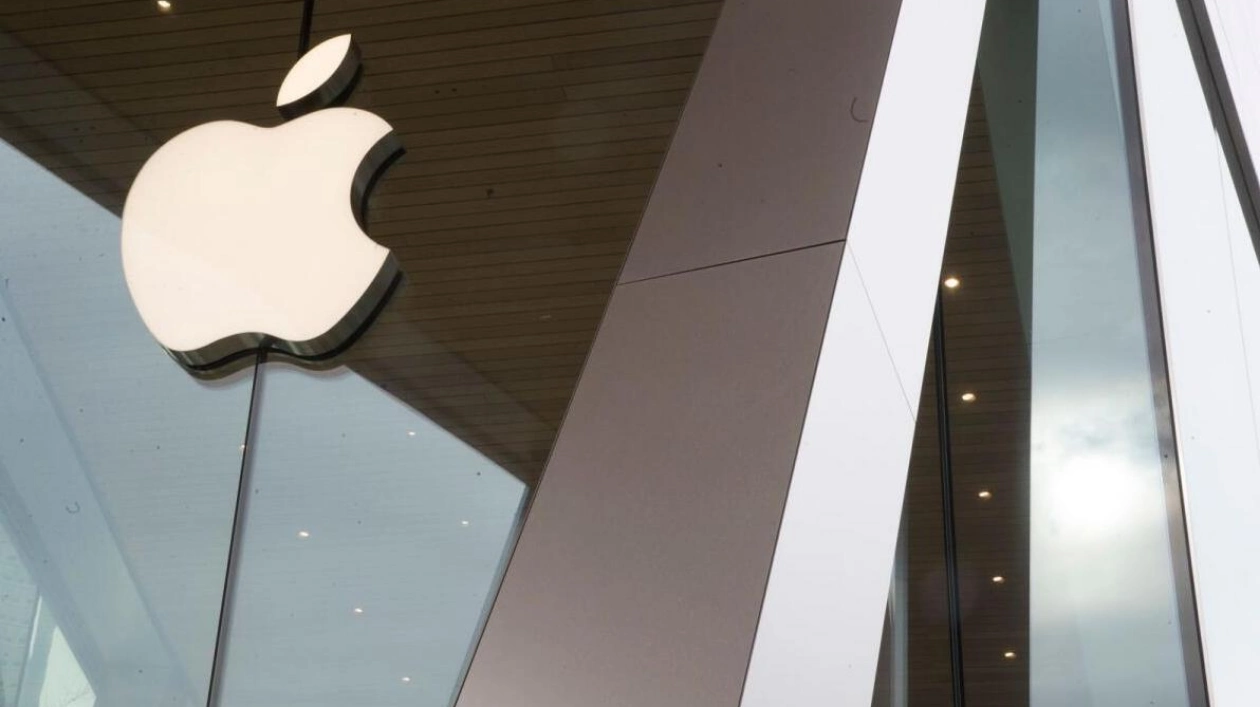Apple has requested a U.S. judge to dismiss a lawsuit filed by federal and state antitrust regulators, which accuses the company of illegally monopolizing the smartphone market. The tech giant argues that the case would necessitate a judge to redesign its widely popular iPhone. The Department of Justice, along with 19 states and Washington, D.C., alleges that Apple maintains an illegal smartphone monopoly through contractual restrictions and withholding essential access from developers. In a motion submitted to the federal court in Newark, New Jersey, Apple contends that setting reasonable limits on third-party developers' access to its technology does not constitute anti-competitive behavior. The company also asserts that being compelled to share its technology with competitors would stifle innovation. "Endorsing such a theory would necessitate courts to oversee product-design and policy choices in dynamic technical markets," Apple stated. The lawsuit, initiated in March, targets Apple's restrictions and fees imposed on app developers, as well as technical barriers to third-party devices and services like smart watches, digital wallets, and messaging services that could rival its own offerings. The Department of Justice claims that by impeding interoperability between the iPhone and third-party apps and devices, Apple confines users to its products and undermines market competition. However, Apple maintains that the lawsuit lacks evidence that its practices harm competition or consumers, noting that users can readily switch to competitors if they are dissatisfied with iPhone features. U.S. District Judge Julien Neals, who is presiding over the case, will await responses from the government and Apple before rendering a decision on the motion later this year. This case is among five major monopoly lawsuits currently pending against Big Tech companies, with Facebook parent Meta Platforms and Amazon.com also facing antitrust lawsuits alleging illegal monopoly maintenance, and Alphabet's Google facing two such lawsuits.

Text: Lara Palmer
01.08.2024
Tech giant argues against antitrust regulators' claims of illegal smartphone market monopoly





